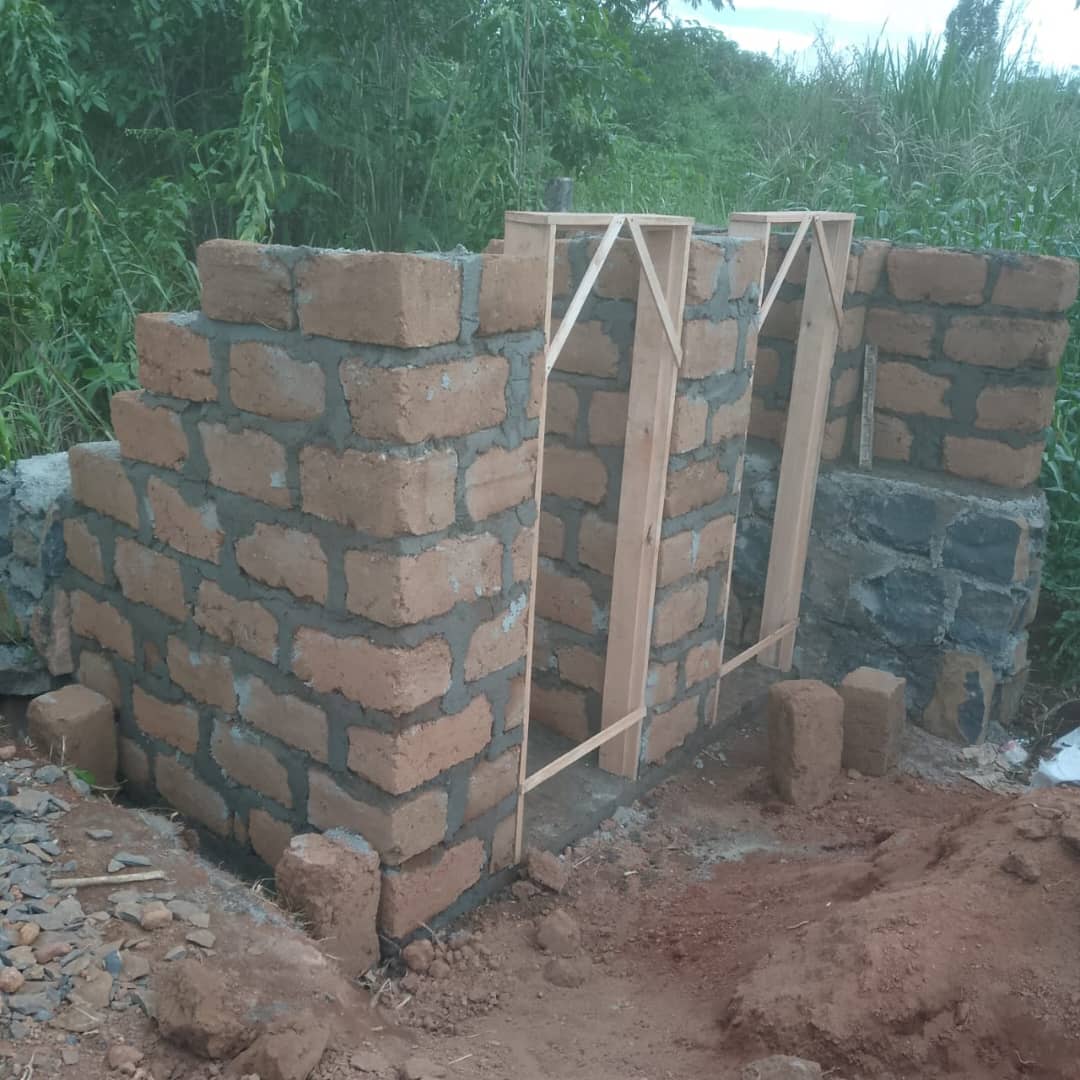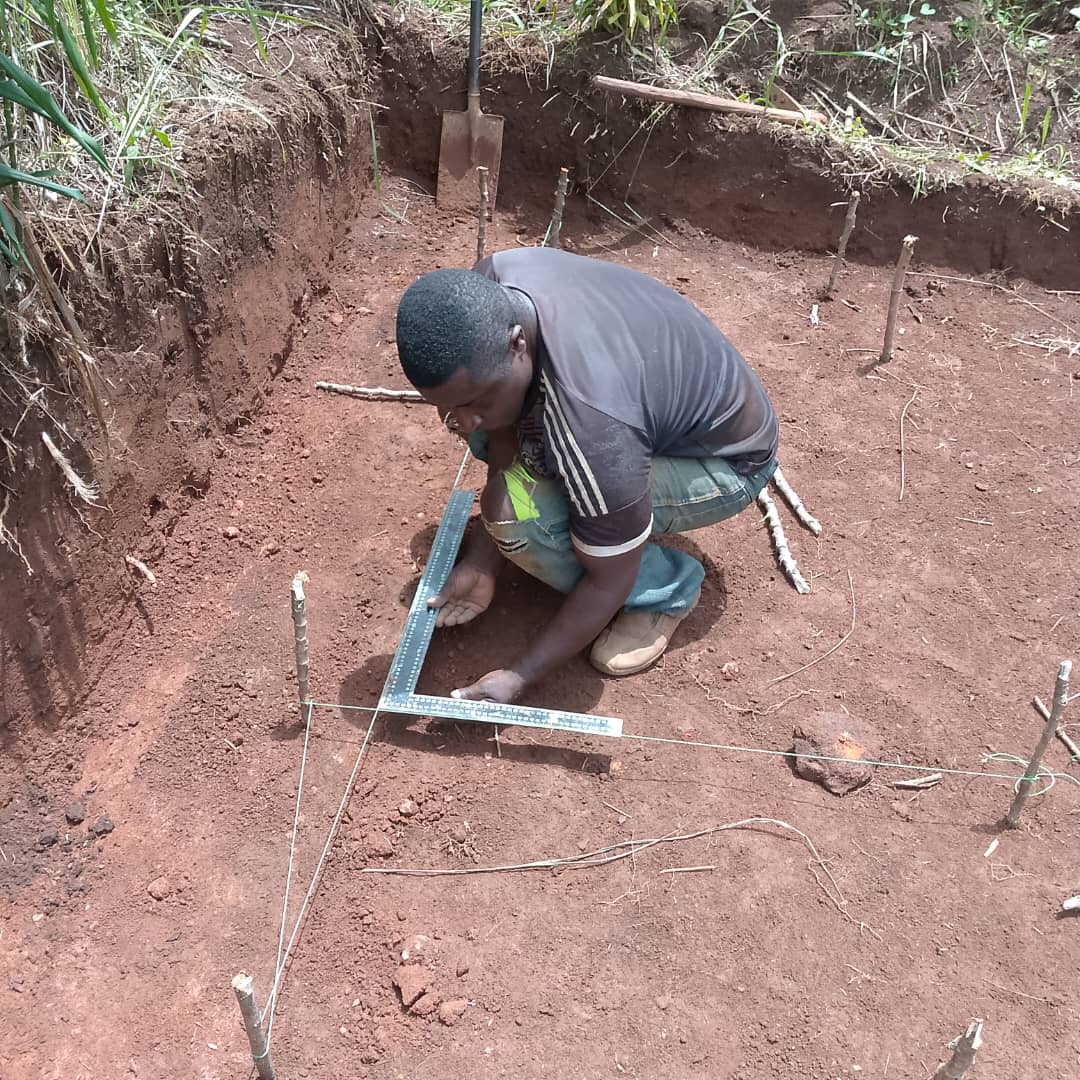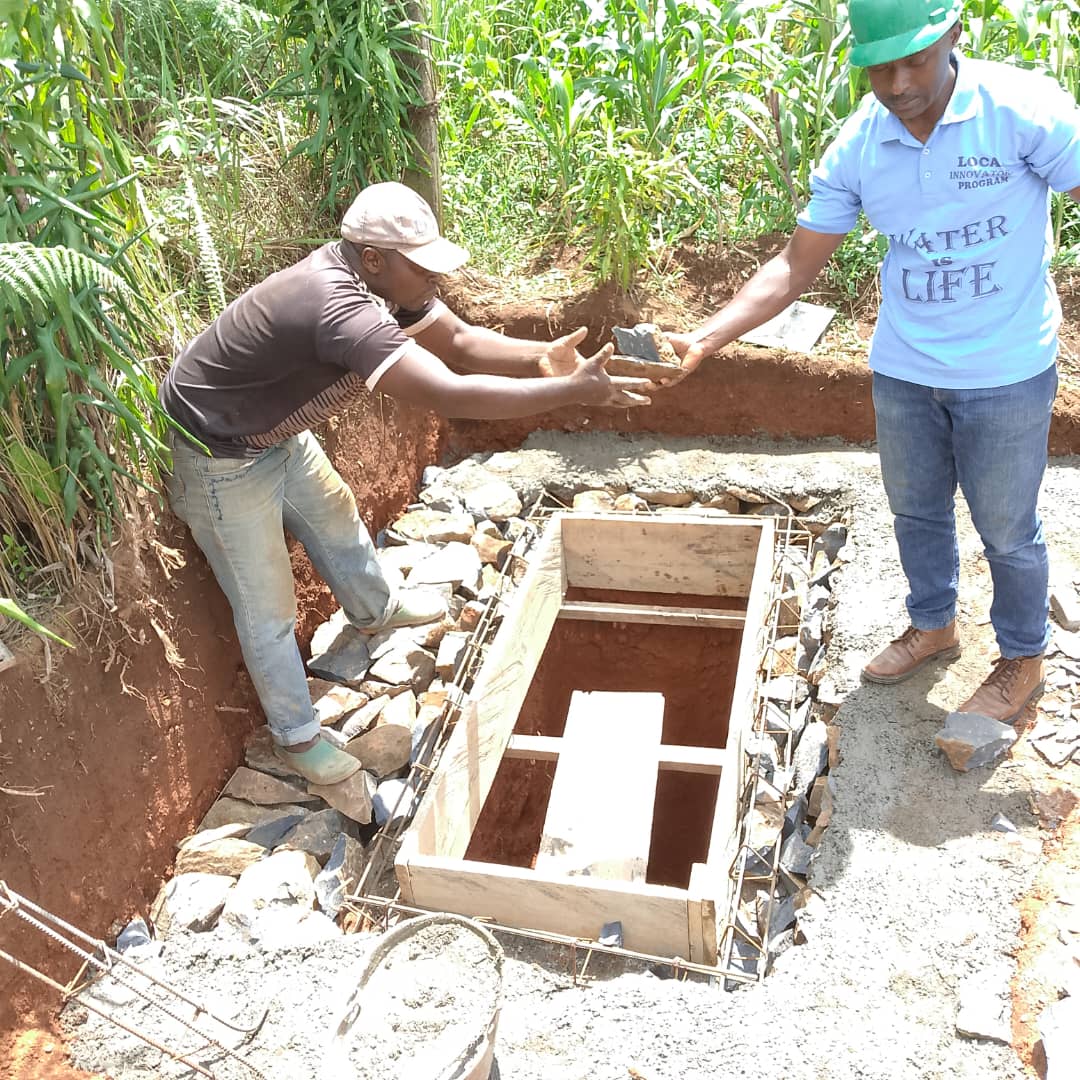Making more health with decent pit toilets

Municipality
Category / Sub-Category / Topic
Public services, Urban Hygiene
Type of investment needed
Grant
The challenge
The project
Know more...
Investment
(*): In kind/pro bonus
(**): Financing
Funds
Needed
Covered
Solicited
Investment
(*): In kind/pro bonus
(**): Financing
Materials for the construction of 20 pit toilets (*) (**)
u$s 80000.00
u$s 0.00
u$s 80000.00
Stationery (*) (**)
u$s 205.20
u$s 0.00
u$s 205.20
Printing of training manuals with toilet slogans and illustrations (*) (**)
u$s 849.90
u$s 0.00
u$s 849.90
Hygiene and Sanitation supplies for practical demonstrations. (*) (**)
u$s 395.10
u$s 0.00
u$s 395.10
Construction of 20 pit toilets (*) (**)
u$s 20000.00
u$s 8333.30
u$s 11666.70
Feeding ( breakfast, coffee break and lunch) (*) (**)
u$s 2250.00
u$s 0.00
u$s 2250.00
Renting of Hall (*) (**)
u$s 1250.10
u$s 0.00
u$s 1250.10
Expert trainers on toilet management/hygiene and sanitation lessons. (*) (**)
u$s 1800.00
u$s 0.00
u$s 1800.00
Human Resources ( stipends for 6 team members to execute the project) (*) (**)
u$s 39436.06
u$s 0.00
u$s 39436.06
Stipend for transportation of participants for 2 days (*) (**)
u$s 8250.00
u$s 0.00
u$s 8250.00
Funds
Needed
Covered
Solicited
Insumos y materiales para la construcción de 20 letrinas (*) (**)
u$s 80000.00
u$s 0.00
u$s 80000.00
Papelería (*) (**)
u$s 205.20
u$s 0.00
u$s 205.20
Impresión de manuales de capacitación con eslóganes e ilustraciones sobre el uso de letrinas (*) (**)
u$s 849.90
u$s 0.00
u$s 849.90
Insumos de higiene y saneamiento para demostraciones prácticas (*) (**)
u$s 395.10
u$s 0.00
u$s 395.10
Funds
Needed
Covered
Solicited
Construcción de 20 letrinas (*) (**)
u$s 20000.00
u$s 8333.30
u$s 11666.70
Alimentación (desayuno, pausa para café y almuerzo) (*) (**)
u$s 2250.00
u$s 0.00
u$s 2250.00
Alquiler de salón (*) (**)
u$s 1250.10
u$s 0.00
u$s 1250.10
Funds
Needed
Covered
Solicited
Capacitadores expertos en manejo de letrinas, higiene y saneamiento (*) (**)
u$s 1800.00
u$s 0.00
u$s 1800.00
Estipendio para 6 personas - equipo de ejecución del proyecto (*) (**)
u$s 39436.06
u$s 0.00
u$s 39436.06
Funds
Needed
Covered
Solicited
Estipendio para transporte de los participantes por 2 días (*) (**)
u$s 8250.00
u$s 0.00
u$s 8250.00



